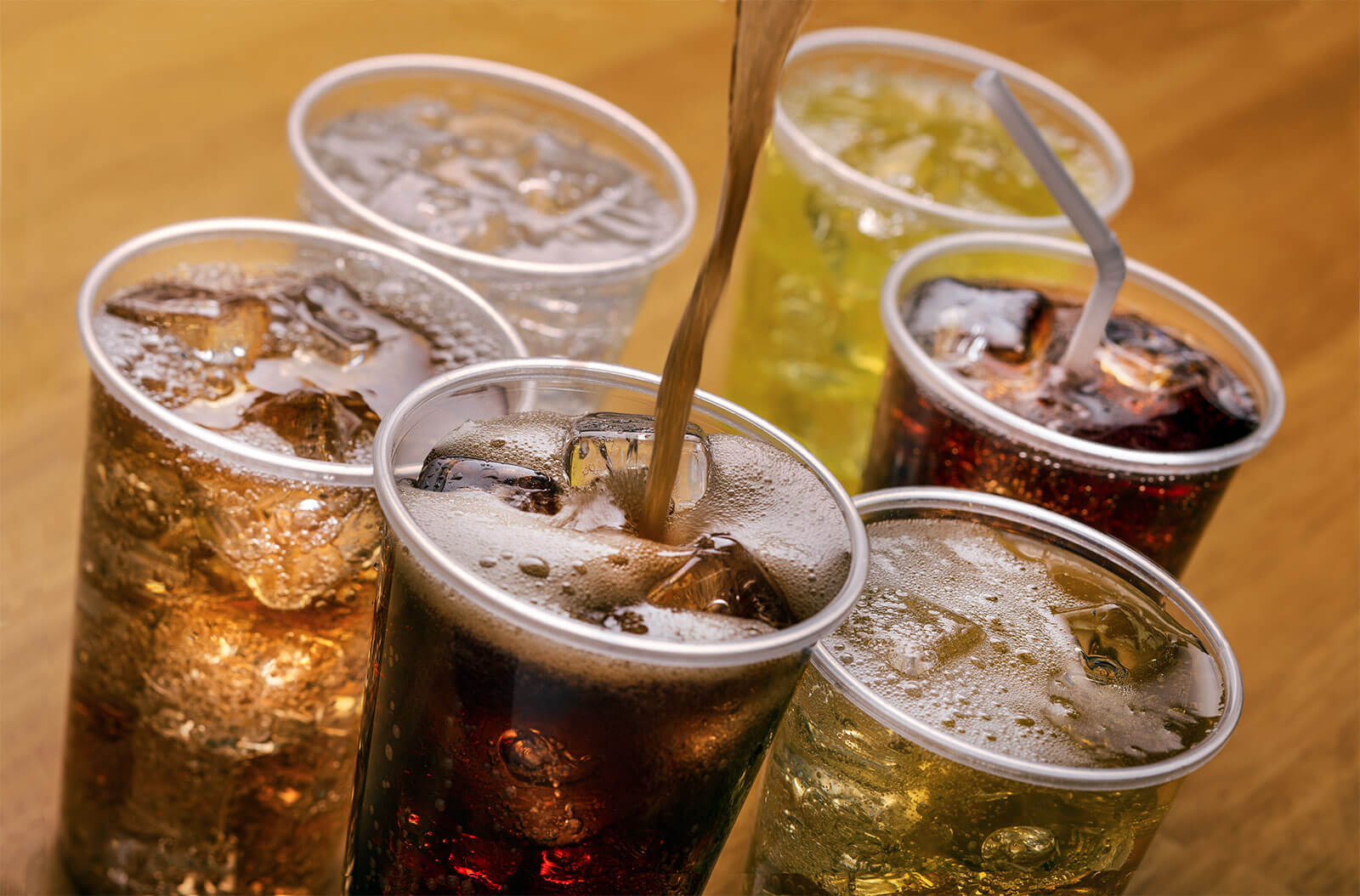Beverages and The Effects of Phosphoric Acid for Human Health
Phosphorus is a mineral that is widely found in nature and plays an important role in how the body receives energy. It is a major ingredient in bones and teeth. Phosphoric acid, which contains phosphorus, is used to add spicy flavor to some beverages. Phosphorus can be found in bread, bran, breakfast cereals, fruit juices, soy-based beverages, sour drinks, low-calorie beverages, and energy drinks. Here we refer to the use of phosphoric acid in beverages.
The US Food and Drug Administration (FDA) has authorized the use of oral phosphoric acid in food products to regulate their PH. Although many studies have proven the safety of oral phosphoric acid in food products, there are some studies that show the negative effects of phosphoric acid on human health. Here are some of these negative effects.
Phosphoric Acid in Beverages:
Phosphoric acid is a popular additive in beverages for a variety of reasons. This compound helps maintain the integrity of the drink to minimize bacterial growth. It also flavors drinks, and according to Pepsi, high consumption reduces bone density. Phosphoric acid is a functional substance in beverages. Although it may seem completely chemical, it is actually something that is naturally present in many foods, including eggs, nuts, chicken, milk, meat, and fish. When used in beverages, it is an odorless, colorless liquid that is best described as syrup. Although in the form of syrup, it has a spicy and sour taste. Most manufacturers use sugar to cover the taste.
What makes phosphoric acid desirable for beverage producers is that it prevents the spoilage of food? It also slows down mold growth and bacterial growth. Since the drink must contain sugar, its producers are not willing to leave phosphoric acid in their recipes. Most drinks are a little sour. This is one of the reasons why people use soft drinks, the combination of sour and sweet, which makes these drinks unique. Phosphoric acid causes a sour taste and actually increases the acidity of the drink. In fact, because of phosphoric acid, soft drinks have more acid than vinegar or lemon juice.
Carbonated drinks and energy drinks are the best-selling products in the world. For example, every US citizen consumes about 45 gallons of soft drinks a year. In fact, people consume more beverages than water, which can lead to significant health problems. Beverages such as carbonated beverages and energy drinks not only destroy human bones but also damage almost every part of the body.

Side Effects of Phosphoric Acid in Beverages:
Phosphoric acid is a chemical substance that is available in both industrial and food grades. Oral phosphoric acid is usually sold in 85% purity.
- This compound is a clear, colorless, odorless liquid with the consistency of syrup.
- The acidic nature of this compound makes microorganisms less likely to grow in sweet and sugary environments such as beverages.
- Due to the sour taste of this substance, its use in beverages with other colors is less common.
- But the presence of phosphoric acid in beverages can be very harmful. Excessive use of this substance can reduce the presence of minerals and their absorption and lead to osteoporosis.
- Phosphorus is a substance that is provided to the body from foods containing protein (eggs, chicken, meat, etc.). As a result, consuming more of it with the help of soft drinks can be in excess of human needs and create problems.
- In healthy people, excess phosphorus is removed from the body with the help of the kidneys, but in people suffering from kidney problems, using this combination can increase the risk of osteoporosis.
- As a result, the use of more than 700 to 1000 mg of phosphoric acid is not recommended in these people. Because phosphorus is not excreted from the body, osteoporosis can be seen in these people.
- Caffeinated beverages increase heart rate and increase blood pressure. In addition, caffeine consumption can cause insomnia, nervousness, migraines, and even urinary problems. Caffeine may also interact with some medications, causing nausea, vomiting, and increased heart rate.
- In addition to weakening bones and increasing the risk of osteoporosis, carbonated beverages have some other negative aspects. Not only can they cause weight gain, but they can also increase the risk of certain diseases such as cancer and fatty liver.
Tooth Decay: Carbonated drinks can seriously damage tooth enamel and increase the risk of tooth decay. This harmful process can continue for 20 minutes after each sip, so consuming this drink can be very harmful to oral health.

Fatty liver disease: Synthetic fructose can damage the liver when you consume large amounts of carbonated beverages. Fructose converted to fat gradually increases the amount of fat stored in the liver and eventually leads to fatty liver disease.
Increased fat: Carbonated drinks that increase fat around the abdomen and internal organs increase the risk of heart disease. Drinking a fizzy drink a day can increase the risk of fatty liver disease, skeletal fat, and triglyceride levels.
Cancer: The caramel color in many carbonated beverages can contain two contaminants called 2-methylimidazole and 4-methylimidazole, both of which have been shown to cause cancer.

Type 2 diabetes: Research has shown that drinking a can of soda a day is associated with an increased risk of type 2 diabetes.
Alternative Drinks:
If you plan to give up fizzy drinks or deal with cravings, consider healthier options such as Sparkling water or kombucha. You can also drink naturally sweetened beverages or flavored water with pieces of fruit and herbs.



Leave a Reply